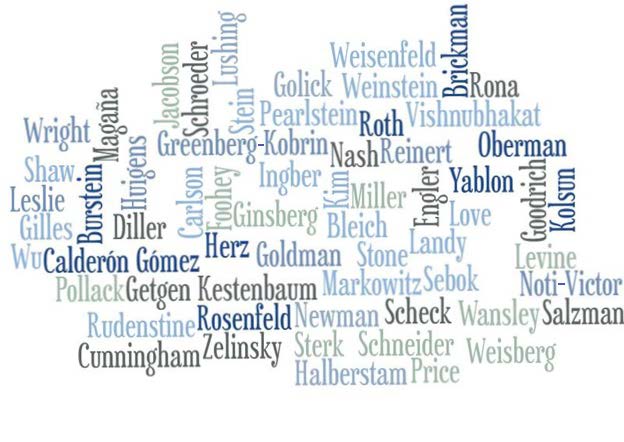Publication Date
2011
Journal
Boston University Law Review
Abstract
In many states, legal doctrine discourages settlement of land use litigation by requiring that any settlement undergo the same review process as the decision that led to the litigation in the first place. The problem is exacerbated by broad standing rules that allow a variety of parties to challenge the settlement. As a result, municipalities and developers often have an incentive to litigate to judgment, even though both parties would prefer a negotiated or mediated solution.
On the other hand, permitting developers and municipalities to settle litigation behind closed doors could impair both the quality and the legitimacy of the ultimate land use decisions. Because broad participation in the decisionmaking process operates both to educate decisionmakers and to increase acceptance of adverse decisions, excluding neighbors from the settlement process threatens significant substantive and process values.
Concerns about closed-door decisionmaking, however, do not justify a doctrinal framework that permits collateral challenges to land use settlements. Instead, permitting neighbors to intervene in proceedings between developers and municipalities, and binding neighbors to settlement when they choose not to intervene, better harmonizes the interest in informed and participatory decisionmaking with the cost-saving advantages of negotiated solutions to land use problems.
Volume
91
First Page
227
Publisher
Boston University School of Law
Keywords
land use, zoning, Alternative Dispute Resolution (ADR), mediation, public participation, preclusion, contract zoning
Disciplines
Law
Recommended Citation
Stewart E. Sterk,
Structural Obstacles to Settlement of Land Use Disputes,
91
B.U. L. Rev.
227
(2011).
https://larc.cardozo.yu.edu/faculty-articles/303


